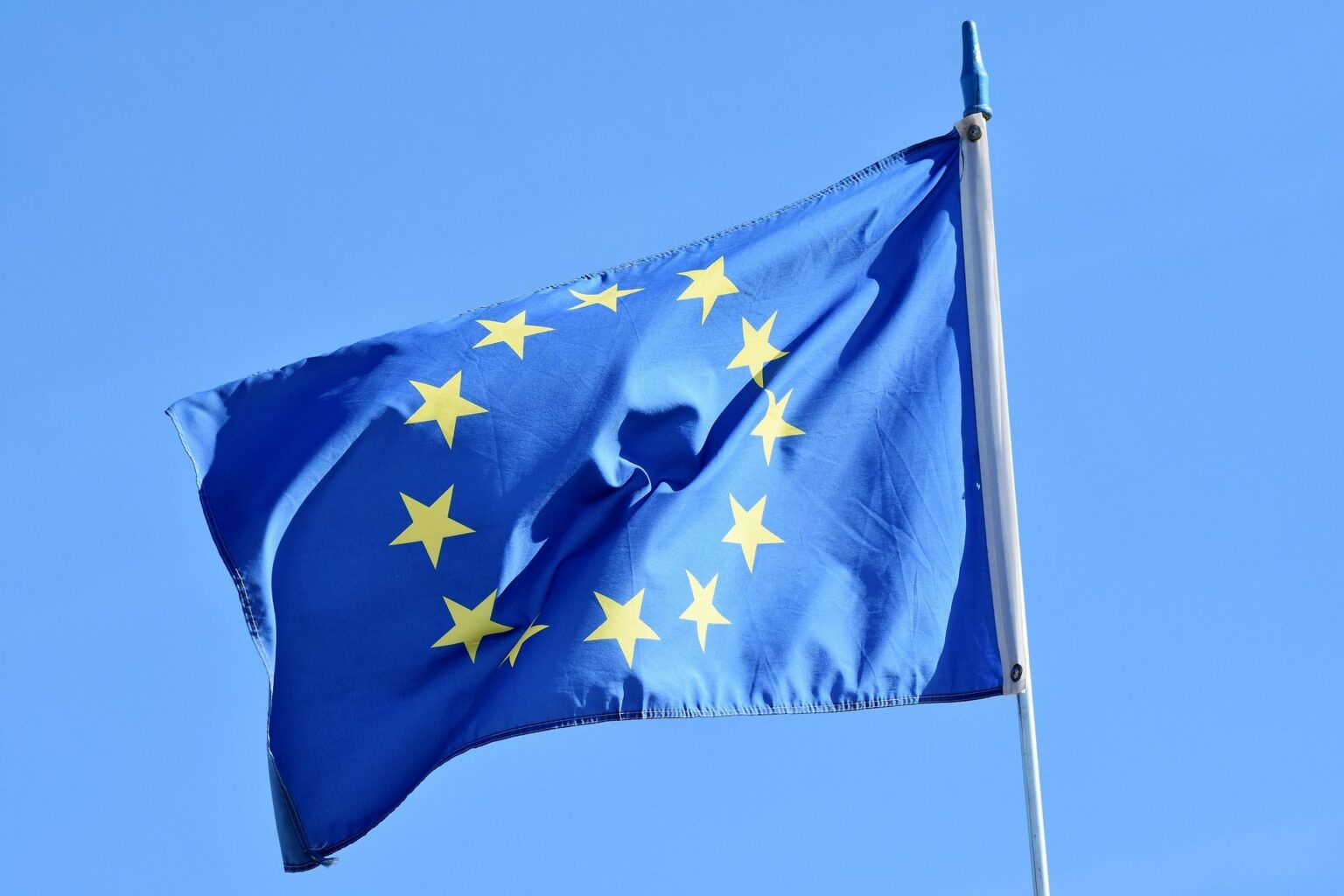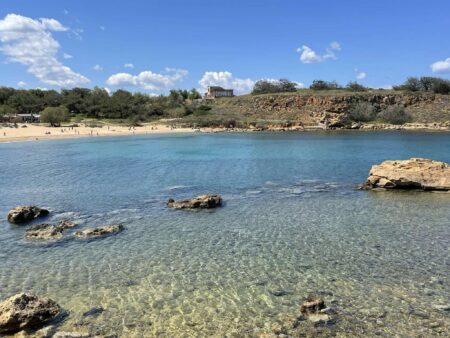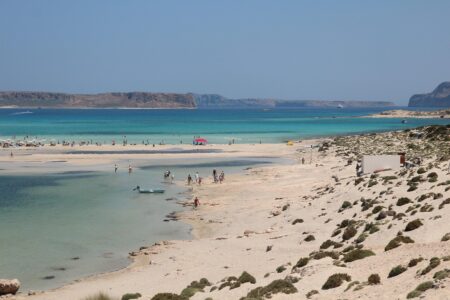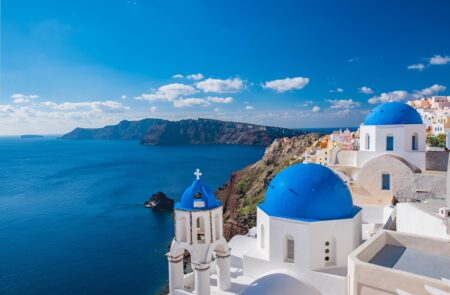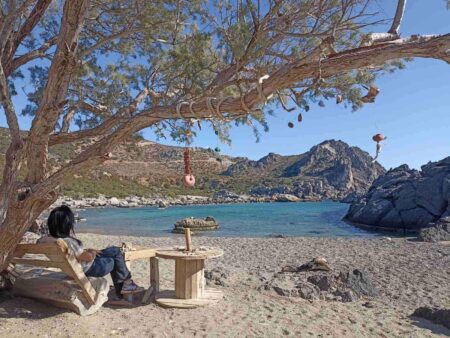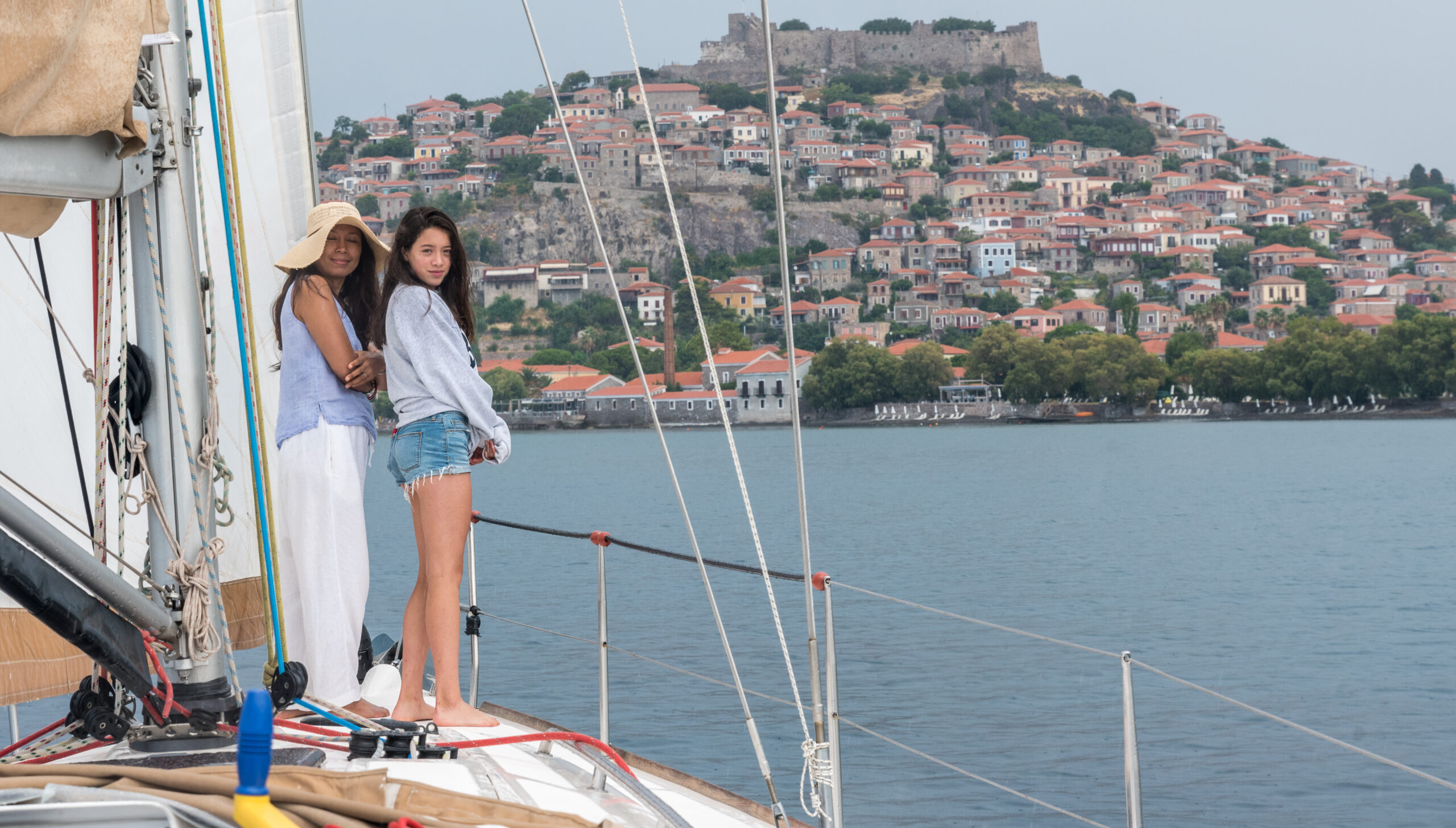Initially set for 2021, the term for being the European Capital of Culture Elefsina was pushed back to 2023 on the initiative of the European Commission due to the impact of the coronavirus pandemic on the preparations.
European Capital of Culture Elefsina
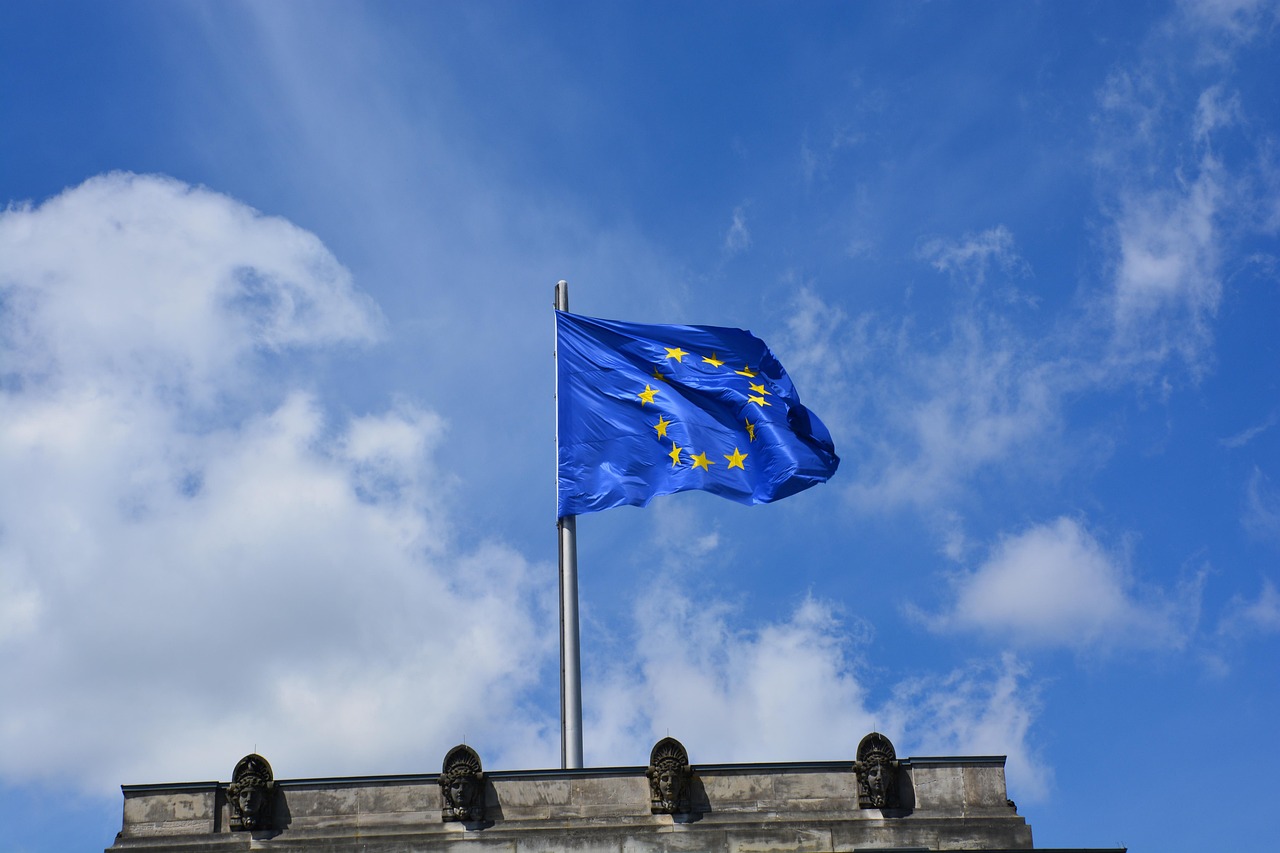
Started in 1985 on the initiative of the then Greek Minister of Culture Melina Mercouri, European Capitals of Culture have developed into one of the most ambitious cultural projects in Europe and become one of the best known – and most appreciated – activities of the European Union.
The original motivation of the project is more relevant than ever. It is to provide Europeans with an opportunity to learn more about each other’s cultures, to enter into intercultural dialogue and to enjoy their shared history and values: in other words, to experience the feeling of belonging to the same European community. Along the years, the European Capitals of Culture have grown in scope and size, contributing to the cultural, social and economic development of many cities and their neighbouring regions across Europe.
On 11 November, 2016, Eleusis was named the European Capital of Culture for 2021.
Elefsina: European Capital Culture
Greek city Elefsina has revised its agenda for its term as cultural capital 2023 focusing on culture, humanity, city, and the environment under the general title: “2023 Elevsis Mysteries of Transition”.
Greek Culture Minister Lina Mendoni said that “2023 Elevsis Mysteries of Transition” was a great opportunity for the international promotion of Greek culture and for important changes to the city of Elefsina.
European Capital of Culture Elefsina Program
More than 30 open air and closed spaces in the city will host events such as world premieres of performances, as well as works by local artists.
In addition to its rich educational program of events, everyday activities will also take place throughout the year transforming Elefsina into a cultural hub.
Internationally renowned artists such as Romeo Castelucci, Sasha Waltz, Haruka Hirayama, Nikita Milivojević and Steven Berkoff, among others, will see their work showcased in Elefsina next to fully developed versions of events that took place in pilot form between 2017 and 2022.
Where is Elefsina, Greece
Elefsina is a costal town is West Attica, some 17 km from the center of Athens. Although currently mostly known as an industrial area, Elefsina or ‘Elefsis’ played a very important role in Ancient Greece. It is the site of the Eleusinian Mysteries and the birthplace of Aeschylus. Today, Eleusis is a major industrial centre, with the largest oil refinery in Greece as well as the home of the Aeschylia Festival, the longest-lived arts event in the Attica Region.
Archaeological Museum of Elefsina | Museum of Eleusis
The Archaeological Museum of Elefsina, one of the first archaeological museums in Greece, reopened its doors in March 2023 after completing maintenance and improvement works.
The collection of exhibits of the Museum mainly includes findings from the excavations at the site of the Sanctuary of Demeter and Kore, and secondarily burial material from the so-called Western Cemetery, the main necropolis of Elefsina, and from the extensive Southern Cemetery on the south slope of the acropolis. The archaeological exhibits date from prehistoric to late Roman times.
The museum’s exhibition is organized in two themes: “Elefsina: the city around the Sanctuary” and “The Great Mysteries“.
The first part offers a brief introduction to the city of Eleusis, while the second part narrates the founding myth of the famous ancient sacramental cult and the formality of initiation. The museum is located inside the archaeological site of Eleusis.
Elefsina in Ancient Greece
Elefsina appears to have derived its name from the supposed advent (ἔλευσις) of Demeter. It was one of the 12 independent states into which Attica was said to have been originally divided. It was related that in the reign of Eumolpus, king of Eleusis, and Erechtheus, king of Athens, there was a war between the two states, in which the Eleusinians were defeated, whereupon they agreed to acknowledge the supremacy of Athens in everything except the celebration of the mysteries, of which they were to continue to have the management.
Eleusis afterwards became an Attic deme, but because of its sacred character it kept the title of polis and had its own coin, a privilege possessed by no other town in Attica, except Athens. The history of Eleusis is part of the history of Athens. Once a year the great Eleusinian procession travelled from Athens to Eleusis, along the Sacred Way.
Elefsina in Greek Mythology
Eleusis was the site of the Eleusinian Mysteries, or the Mysteries of Demeter and Kore, which became popular in the Greek-speaking world as early as 600 BC. These Mysteries revolved around a belief that there was a hope for life after death for those who were initiated. Such a belief was cultivated from the introduction ceremony in which the hopeful initiates were shown a number of things including the seed of life in a stalk of grain.
The story of Demeter
The central myth of the Mysteries was Demeter’s quest for her lost daughter (Kore the Maiden, or Persephone) who had been abducted by Hades. It was here that Demeter, disguised as an old lady who was abducted by pirates in Crete, came to an old well where the four daughters of the local king Keleos and his queen Metaneira (Kallidike, Kleisidike, Demo and Kallithoe) found her and took her to their palace to nurse the son of Keleos and Metaneira, Demophoon.
Demeter raised Demophoon, anointing him with nectar and ambrosia, until Metaneira found out and insulted her. Demeter arose insulted, and casting off her disguise, and, in all her glory, instructed Meteneira to build a temple to her. Keleos, informed the next morning by Metaneira, ordered the citizens to build a rich shrine to Demeter, where she sat in her temple until the lot of the world prayed to Zeus to make the world provide food again.
To find out more information about the ”2023 European Capital of Culture Elefsina – Mysteries of Transition” program you can visit https://2023eleusis.eu/.
If you are interested in reading more about Greek Mythology, have a look at 10 stories from Greek Mythology.


